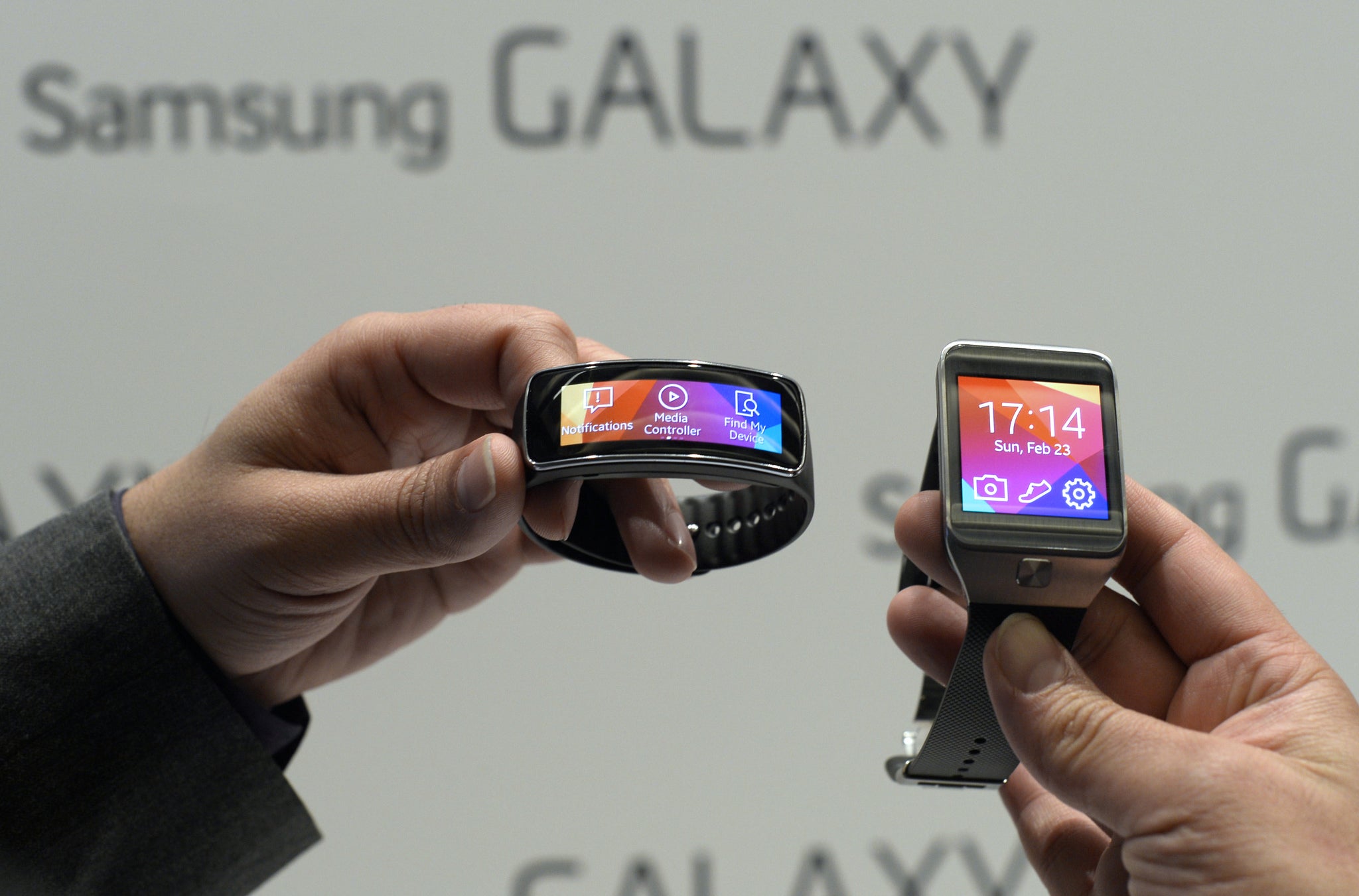Google wants Android to dominate wearables, like it does smartphones
The internet giant will release new protocols this month for conencting wearable sensors to its popular mobile operating system

Google has announced new plans to promote Android wearable technology, hoping to position the operating system as the default platform for smart devices in the same way that it already is for smartphones.
“We want to develop a set of common protocols by which they can work together,” said Google’s senior vice president of Android and Chrome Sundar Pichai at the SXSW conference in Texas, reported The Verge.
The internet gant will release a new software development kit (SDK) for wearable sensors this month, allowing this technology to more easily communicate with the Android operating system.
Although Android already has a presence in the wearables market through a number of smartwatches that operate on the OS (and, of course, through Google Glass) Picai stressed that the company’s vision extends to more exotic devices, which might include smart clothing.
Pichai also hinted that this new “mesh layer” of communications between Android and various sensors might incorporate the home automation devices built by Nest, the company that Google acquired in January this year for $3.2bn (£2bn).
Nest has so far only produced two products – a smart thermostat and a fire alarm – but has been praised for the quality of its design and for intuitive software that ‘learns’ users’ habits.
Pichai said that he sees a parallel between the smartphone ecosystem and the wearables ecosystem. While smartphones became tiny computers, wearables will become hubs for information about the real world fed by various sensors.
However, in some ways smartphones are already usurping this territory. Just last month two products were launched that took the brains inside a normal smartphone and used them to power new sensors.
One gadget, the Wello, is a smartphone case that uses built-in sensors to take health readings such as blood pressure and heart rate, while the other – an experimental project by Google no less – puts a Kinect sensor into a smartphone in order to map 3D space in real time.
Join our commenting forum
Join thought-provoking conversations, follow other Independent readers and see their replies
Comments
Bookmark popover
Removed from bookmarks